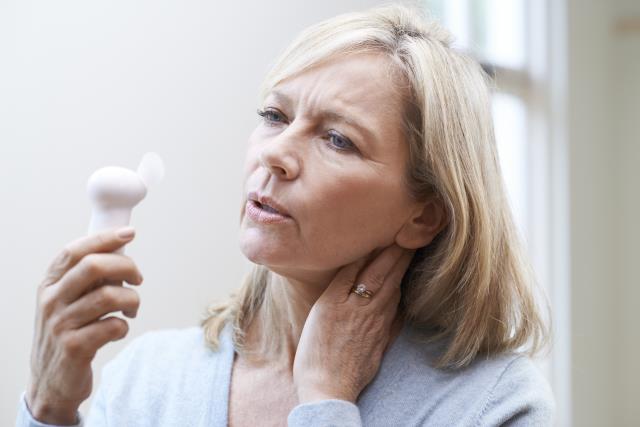More needs to be done to reduce the stigma around menopause, a senate inquiry into issues relating to menopause and perimenopause has heard.
The Senate Community Affairs References Committee is conducting the inquiry which is examining the economic consequences of menopause and perimenopause, their physical health impacts, the mental and emotional wellbeing of people experiencing menopause and perimenopause and the impact on caregiving responsibilities.
The inquiry is also considering medical professionals’ awareness of menopause and perimenopause symptoms and treatments and cultural and societal factors influencing perceptions and attitudes.
During an inquiry hearing in Melbourne, Women’s Health in the North sexual and reproductive health co-ordinator Tilly Mahoney said perimenopause and menopause are often not talked about within society, due in part to the pervasive stigma and taboo that surrounds reproductive health issues.
“Ongoing stigma can lead to isolation, ignorance, delays in seeking help for physical and mental health impacts, reduced workforce participation and discrimination,” she said.
“Normalising menopause and emphasising the positive or neutral aspects of this life stage can combat that narrative of loss or decline, which is tied to the intersection of sexism and ageism.”
Ms Mahoney said that while there has been plenty of work done to explore the relationship between the experiences of menopause and workforce participation, there is little research on the impact of menopause on participation in arenas other than employment.
She said key contributors to good mental health include social independence, feeling valued, physical activity, good nutrition and having faith and belief, adding that further understanding of whether these areas are impacted by menopausal symptoms could inform approaches to holistic, clinical and social support and the prevention of mental ill health among people experiencing menopause.
“While physical symptoms may contribute in part to this mental ill health for women and gender-diverse people who experience menopause, we also need to consider the social determinants of mental ill health: social connectedness; freedom from discrimination and violence; and economic participation, which are all influenced by the broader context of gender inequality.
“Attributing mental ill health solely to the biology of the menopausal transition renders this social context irrelevant and risks further entrenching the views of women’s unsuitability for the workforce or lack of resilience due to ‘biological needs’. Interventions focused on improving the mental health of persons experiencing perimenopause and menopause need to be coupled with investment in broader strategies to address gender inequality.”
The inquiry is expected to table its report to Parliament on September 17.

















